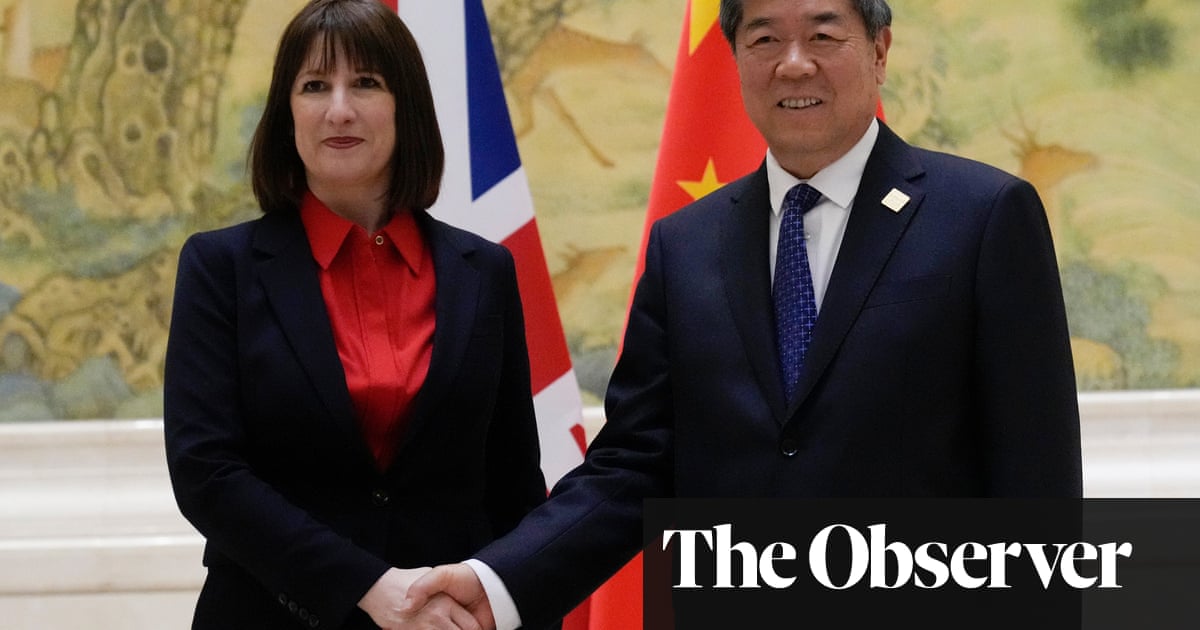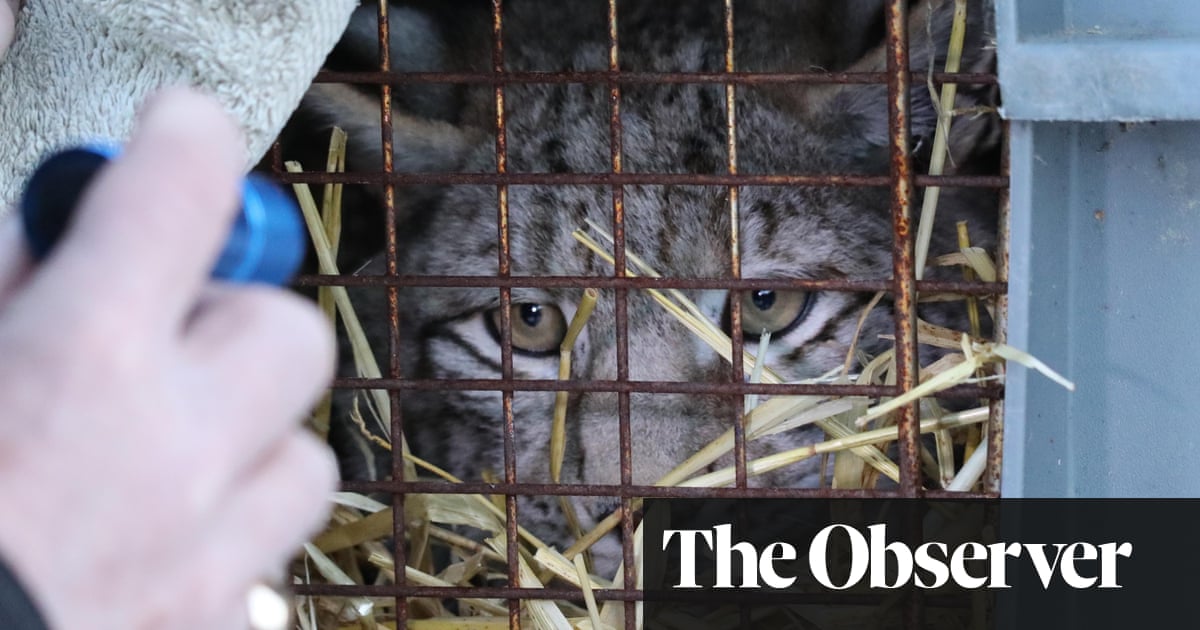As the sun sets over the streets of Mosul in northern Iraq, a group of young people gather in the basement of the Mosul Heritage Foundation to debate philosophy and literature. They are taking part in the city’s only public reading club, in the war-ravaged Old City quarter on the west bank of the Tigris River.
“The club allows me and other young people to discuss our ideas out loud without fear of society,” says Rahma Salah al-Jubouri, a 29-year-old poet and teacher of disabled children, who has attended the weekly meetings for the past four months. “I love thinking out loud but Iraqi society is very traditional,” she adds. “It is not easy to talk about our problems or ideas.”

Like many of those present, Jubouri’s passion for literature deepened during the three years that Islamic State (IS) occupied Mosul from 2014 to 2017. “We [women] lost all our rights under Isis. Everything was strictly controlled – our clothes, our ability to work, even the ability to buy phones,” she says.
During the nine-month battle for Mosul in 2016-17 between Iraqi forces and IS, Jubouri volunteered to help evacuate civilians fleeing the intense fighting across the Tigris to the liberated side of the city.
During that time of chaos and destruction, she found solace in writing poetry at night in her room. “Seeing these people desperate for help prompted me to keep writing. The accumulation of pain and sadness made my writings more emotional,” she says.
In 2021 she published her first poetry collection, What’s Between Us is You, after her father found her poems and encouraged her to share them with the world. Since then, she has presented her work at Mosul’s poetry festival and has published two more poetry collections, with a fourth to be released later this year.

Mohamed al-Arab, a 30-year-old writer and government administrator, has been a regular at the weekly reading club since it started in 2022. His interest in literature also increased after IS took over the city.
In September 2023, he published his debut book, The Last Gaze, a romantic novel. “Often, writers are nourished by their pain,” he says. “Each of us has a unique story that cannot be described. We couldn’t defend ourselves, and that’s what drove us [young people] to express our deep sorrows and struggles through writing.”
Like Jubouri, Arab says the club provides a safe space to share his ideas with like-minded people, in keeping with Mosul’s long and rich literary tradition. “We are trying our best to maintain the city’s literary heritage so we can pass it on to the next generations,” he says.

In 2022, Wifaq Ahmed, 42, a civil engineer who advises Unesco on how to preserve the city’s heritage, founded the cultural association Anqaa (“phoenix”), which hosts the reading club, as well as poetry nights and exhibitions.
Initially, the club only had four members, including Ahmed, but now at least 30 come to each session, and sometimes up to 50. “More people are interested [in literature and arts] now. In fact, when I wrote the main goals [of Anqaa], my hope was to reach 50 people, but now we are talking about 500 members.”
Under IS rule, cultural activities related to literature, arts and sports were banned. Additionally, IS destroyed many cultural sites and works including burning more than 100,000 books and manuscripts at Mosul’s Central Library in 2015, as part of its “cultural cleansing” campaign.
“People want the city to rise again,” says Ahmed. “Writing is the simplest weapon people have to save our identity [and] history, and restore social cohesion. We have a lot of people fighting to regain their lives and build new steps for the future.”
But it is not just the younger generation turning to literature to help revitalise the city’s heritage. Dr Waleed al-Saraaf, a 59-year-old retired surgeon who has published poetry collections and a novel, believes that poets and writers have a role in combating the darkness of extremism.
after newsletter promotion

“Poetry is important in Mosul because otherwise people will not understand what happened. Poetry goes beyond destroyed buildings – it reaches the depths of the human soul. Only the heart can see it, and this is the job of the poet,” says Saraaf, sitting in Bytna Foundation, another arts and cultural centre completed in 2019.
Saraaf’s poems are scattered across 14 different landmarks such as the Al-Nabi Jarjis mosque and the Mosul Central Library, aiming to promote the peaceful nature of Islam. “During Daesh [IS], I wrote about love, nature or anything non-political. Now, I write about the destruction of the city.”
Despite the defeat of IS in 2017, he believes there is still work to be done in combating radicalism. “Now, there is no Daesh but we are still afraid that they will read what we wrote and kill us. There are sleeping cells; they are more dangerous because you don’t know who they are or when they will come.”
For Mohammad al Attar, 47, a scholar advocating for the modernisation of Islam, writing is a form of resistance and therapy. He began writing after he was abducted and tortured in an IS prison for 105 days.

“I thought these were going to be my last days alive. There were about 60 prisoners – most of them were killed,” he says as he walks into the abandoned ruins of the house where he was held captive.
During his time in captivity, he witnessed the Yazidi genocide. “I saw how they brought all the Yazidi women to prison to rape them and execute them. Some of the IS fighters paid money to the militants to get Yazidi women.
“It’s something I will never forget. Writing is my treatment,” he says. “Sometimes my wife enters my office and sees me crying while I am writing.”

Since the liberation of Mosul, Attar has published three books in Beirut. His forthcoming two-part novel, The Black Hurricane, which explores the struggles of people under IS occupation, will be published soon. By writing these stories, he hopes future generations will not fall into the trap of extremism.
“I want to write the story of Mosul, so the next generation will know what happened. We did everything we could – at least we wrote about it.”

.png) 2 months ago
15
2 months ago
15













































